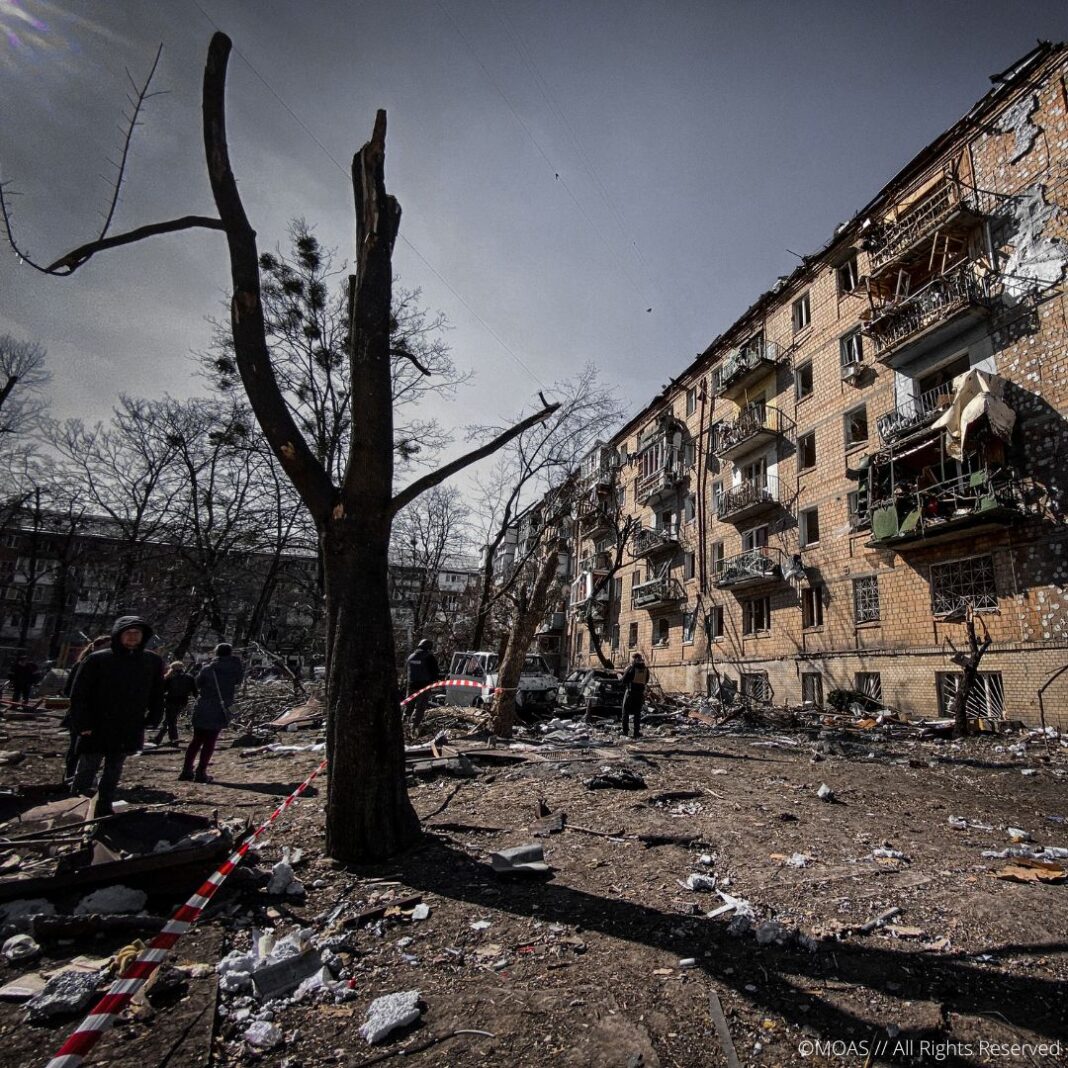The Syrian Rebels’ Advance and Its Impact on Assad’s Regime
As fighting intensifies in Syria, the Assad regime is facing a growing challenge from Syrian rebel forces. The insurgent group Tahrir al-Sham has recently led a significant offensive, retaking the city of Aleppo from government control. This unexpected success has allowed the Syrian rebels to move south along Syria’s M5 highway, aiming to capture key areas such as Homs. If they succeed, the Syrian rebels could disrupt the connection between the capital, Damascus, and the Mediterranean coast, which remains under Assad’s control.
This would isolate Damascus from critical territories. It would also cut off access to important military infrastructure built by Russia. The Tartus naval base and Khmeimim military airport are key facilities. These bases are vital to Russia’s influence in Syria. They represent a significant investment made in 2015. This investment was made during the country’s ongoing civil war. Losing control of these strategic points would be a major setback for the Assad regime and its supporters.
Effects on Lebanon and Regional Tensions
The ongoing conflict in Syria has serious implications for its neighbor, Lebanon. The situation in Syria is increasingly affecting Lebanon’s fragile security, especially as Hezbollah, a key Iranian-backed militant group, becomes more involved. Hezbollah has long supported Assad’s government in Syria, playing a crucial role in maintaining his grip on power. However, with the Syrian rebels pushing towards Homs and the Lebanese border, Hezbollah risks losing access to vital supply routes that run through Syria and Iraq, which are essential for their operations. The potential severing of this corridor would weaken Hezbollah’s position both in Lebanon and the broader region.
In Lebanon, concerns are growing about the impact of the Syrian conflict spilling over the border. The small country is already dealing with its own internal issues, including the fragile truce between Hezbollah and Israel. If the conflict escalates further, Lebanon could see a new wave of refugees fleeing Syria, with an estimated 120,000 people already seeking refuge in the northern parts of the country. This mass migration could destabilize Lebanon even more, creating a humanitarian crisis that the country is ill-equipped to handle. There are fears that displaced Syrians might attempt to make their way to Europe, following the dangerous routes used by refugees a decade ago.
In response to these growing tensions, the United States, the United Kingdom, France, and Germany have issued a joint statement urging for a de-escalation of the conflict. They emphasize the need for all parties involved to prioritize peace and stability in the region. Meanwhile, Lebanese officials are calling for the creation of safe zones within Syria to protect refugees and prevent them from fleeing to Lebanon or other countries. These safe zones would be established in regions where the Assad regime has lost control, such as Aleppo, allowing displaced Syrians to stay within their country, avoiding further displacement.
The International Involvement and Competing Interests
The situation in Syria has attracted a wide range of international actors. Each actor has its own interests in the outcome of the conflict. Turkey has distanced itself from the latest rebel offensive. It frames the offensive as a local initiative led by Syrian rebels. Despite this, Turkey has been involved in the conflict for years. It has supported opposition groups while seeking to assert its influence in the region. Turkey’s focus is on securing its own interests, such as keeping Kurdish separatist forces in check.
At the same time, Russia and Iran remain deeply invested in the Syrian conflict. Russia has been one of Assad’s main supporters, providing military and political backing since the early days of the civil war. Russia’s military presence in Syria, particularly at bases like Tartus and Khmeimim, is critical for maintaining its influence in the Middle East. However, the recent advancements by Syrian rebels have exposed vulnerabilities in Russia’s strategy. These setbacks in Syria could complicate Russia’s ability to negotiate effectively in other global conflicts, such as its ongoing war in Ukraine. Additionally, Russia’s alliance with Iran, which has its own military interests in Syria, is becoming increasingly strained as their objectives sometimes clash.
Syrian Rebels and Global Powers: A Volatile Conflict Unfolds
Meanwhile, the United States has also been active in Syria, particularly in supporting Kurdish forces in the fight against the Assad regime. US forces have provided critical air support for Kurdish fighters, using aircraft stationed at the Al-Tanf military base. This support has helped the Kurds to target Assad’s army, further complicating the conflict. The presence of US forces in Syria, alongside Russian and Iranian interests, has created a volatile environment, with all sides vying for control over key territories and resources.
As several groups vie for control of key areas, the situation in Syria keeps changing. With so many global powers involved, the consequences of this conflict reach far beyond Syria’s borders. Neighboring countries like Lebanon and Iraq are also affected. The situation has created a complex web of political, military, and humanitarian challenges. These challenges will take years to untangle. The conflict shows no signs of slowing down. Its resolution remains uncertain. Each side is seeking to secure its own objectives at any cost.

